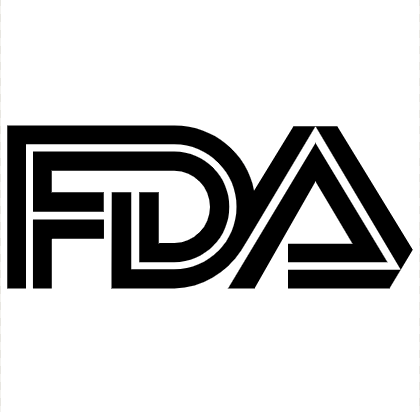Article
FDA Approves Oral Blood-Thinning Drug For Children with VTE
Author(s):
Dabigatran etexilate was approved in both oral pellet and capsule forms for varying pediatric patient populations.

The US Food and Drug Administration (FDA) has approved dabigatran etexilate (Pradaxa) oral pellets for the treatment of children 3 months to <12 years old with venous thromboembolism (VTE).
With the indication, dabigatran etexilate is the first FDA-approved blood-thinning therapy for pediatric oral administration, with all previous agents available only in injection form. It was originally approved in 2010 for the reduction of stroke and systemic embolism risk in adult patients with non-valvular atrial fibrillation.
The therapy is specifically indicated for pediatric patients with VTE directly following injection blood thinner therapy for ≥5 days, and includes an indication for the prevention of recurrent clots in the same patient population who completed treatment for their first VTE.
The FDA additionally approved dabigatran etexilate in capsule form, for the treatment of blood clots in patients ≥8 years old with VTE directly after ≥5 days of blood thinner injection therapy, and to prevent recurrent clots in the same patient population after completing treatment for their first VTE.
The efficacy and safety of dabigatran etexilate in treating pediatric blood clots was assessed in a single open-label trial involving 267 patients aged ≤18 years old. Patients were randomized to either dabigatran etexilate or standard of care, with investigators comparing the treatment groups for number of patients to reach the composite endpoint:
- No death from blood clots
- Complete blood clot resolve
- No additional blood clots
Nearly half (n = 81; 45.8%) of patients administered dabigatran etexilate had achieved the composite endpoint, versus 42.2% (n = 38) of the 90 patients administered standard of care.
Another open-label, single-arm pediatric assessment of 214 patients with a history of blood clots evidenced the safety of the therapy, with just 1.4% (n = 3) patients treated with dabigatran etexilate experiencing a recurrence of blood clots.
The most common adverse events in treated pediatric patients included digestive system symptoms and bleeding. Pradaxa includes a boxed warning advising that early treatment discontinuation may be associated with increased risk of blood clots.
In a statement accompanying the approval, Ann Farrell, MD, director of the FDA’s Center for Drug Evaluation and Research’s Division of Non-Malignant Hematology, emphasized the importance of simplicity in treating a possibly fatal event risk in children.
"The FDA is committed to helping our youngest patients with serious medical conditions have treatments that are relatively easy to take,” Farrell said. "With today's approval of Pradaxa, pediatric patients have another therapeutic option to treat and prevent potentially deadly blood clots."





